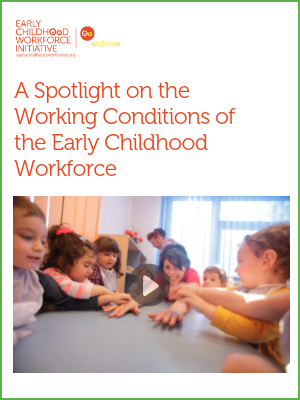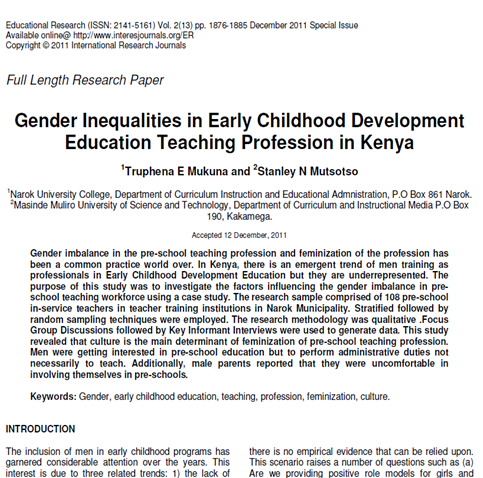Empowering Community Health Volunteers to Integrate Nurturing Care

There is mounting evidence on the positive link between high quality early childhood development (ECD) personnel and the physical, social, and cognitive development of young children.
To bring light to these challenges, and potential responses to them, the Early Childhood Workforce Initiative (ECWI) has developed 6 country briefs which highlight efforts to support the workforce across different geographies and services.
These country briefs were informed by desk reviews and information collected through key informant interviews (KII) with country experts from implementing NGOs, multilaterals, and research institutions, as well as program managers and government officials across 15 countries. After identifying six promising country approaches to highlight, we conducted further desk research and interviews to inform the country briefs. These interviews were particularly helpful for clarifying the key enablers and barriers to implementation in each country as well as the policy lessons for other countries.
The third of these briefs focuses on Kenya. Empowering Community Health Volunteers to Integrate Nurturing Care examines Siaya County’s approach to integrating nurturing care into the work of Community Health Volunteers by providing them with ongoing support and better recognition.
Authors: Year of Publication:2019



